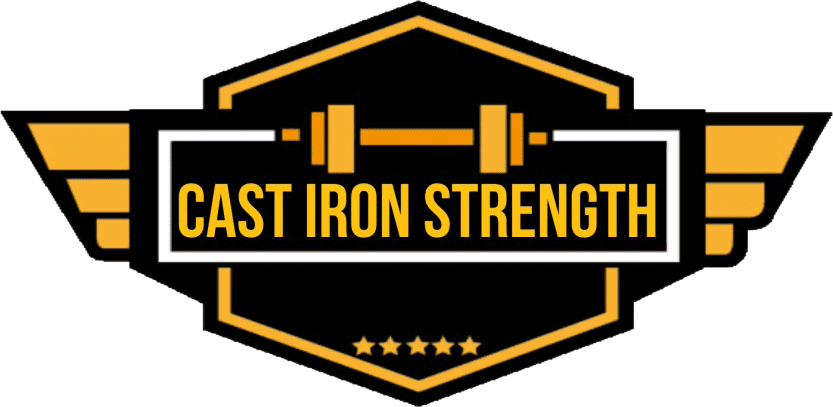 The idea of science is to decipher the true nature of the world. As people our opinions and thought are prone to way too much bias and interpretation error to ever come up with the true nature of reality there will always exist human error. The use of the scientific method try’s to use controls and processes to try and reduce/limit this inherent measurement error.
The idea of science is to decipher the true nature of the world. As people our opinions and thought are prone to way too much bias and interpretation error to ever come up with the true nature of reality there will always exist human error. The use of the scientific method try’s to use controls and processes to try and reduce/limit this inherent measurement error.
To this end individual studies try and look at a hypothesis and try to disprove it in a well designed study there should be a number of controls (control group, blinding, randomisation) etc to try and limit bias and error as much as possible. However one study on it’s own proves little to no validity since the lack of statistical power and possible errors render it pretty much useless in the big picture.
To this end the concept of the review is popular in science these form two kinds the narrative review and the meta-analysis (Matthew Rea, JSCR 2004).
The narrative review does not set a standard of control or bias analysis it rely’s completely on the author’s own interpretation of studies with little in the way of statistical analysis. This method of review is completely open to the error of bias and does not represent a sound method of review.
The meta-analysis takes a thorough search of studies in the literature details the method of search and then subjects them to methodical statistical analysis using effect sizes and measurements of bias to decipher the body of data.
It represents one of the most powerful ways and truly scientific ways of looking at bodies of data yet it’s use in sports science is somewhat fleeting and has yet to take on the influence it should.
Examples of controversy for no good reason.
Squat Depth – There is yet to be produced a meta analysis* on the effects of squat depth on injury risk or performance. Yet it to this day is a huge area of contention for no describable reason.
Training to Failure for strength gains – Training to failure or leaving one rep “in the tank” is a contention for some coaches again for no good reason there is not yet one meta analysis on the subject*. During a meta analysis of 34 studies Peterson et al (JSCR, 2004) found that athletes who trained to failure actually illicited a greater strength response.
Behind the Neck Pressing/High Five Position causing increased risk of injury – It is accepted almost as a universal truth that the adoption of behind the neck lifting that adopts the high five position increases shoulder injury risk yet no meta analysis has been performed as of yet*.

high five position.
These examples represent 3 in a myriad of like areas of contention yet without a robust meta-analysis of a decent sized body of data we may as well just use anecdotal evidence for all the power a 12 person study affords us.
Ridiculous and retarded notions such as the “ineffectiveness” of training to failure and self selected intensity or conversely the weird and wonderful “superiority” of Linear perodisation or single set training.
Can only be advocated by those with little to no real training experience or those who are wowed by the pseudo-scientific nature of almost all sports science.
Conclusions
There exists an important need for the increasing use of meta analysis in sports science. The small study sizes and badly designed nature of published trials make the need for meta analysis in almost all areas essential for anyone who wants to take away a valid conclusion from any of the exiting research.
The ridiculousness of some of the controversies and trends in this field illustrate the need more than any words can convey.
Now if you excuse me I’m away to do some quarter squats on a bosu ball keeping short of failure for one set to save my knees, improve my core and maximise my strength GAINZ!
Marc.
*In all instances this is to the knowledge of the author.

